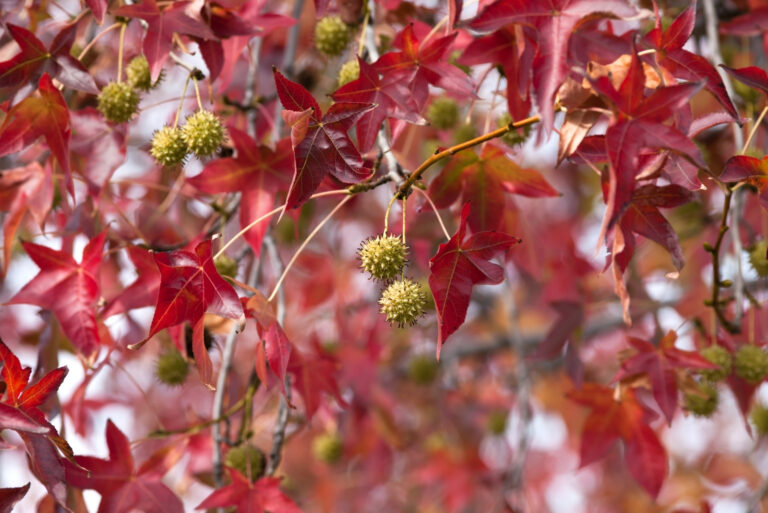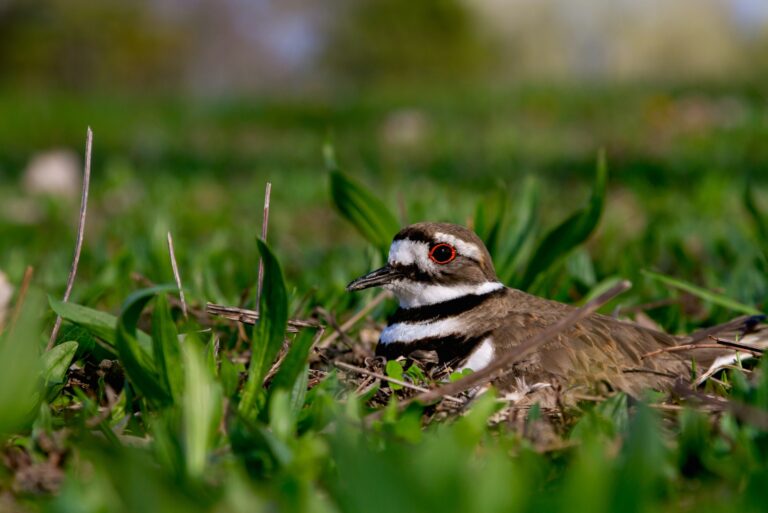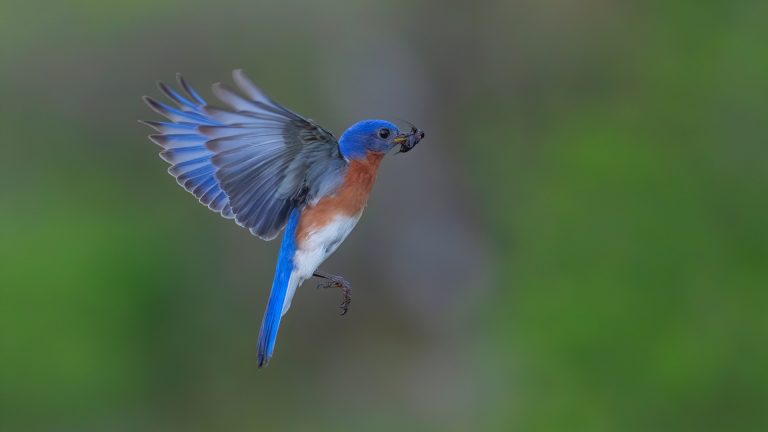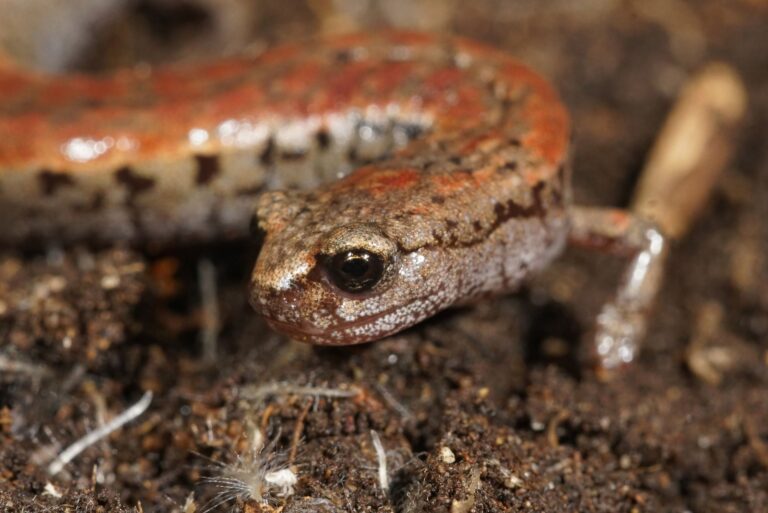The One Thing You Should Never Compost In Texas This November
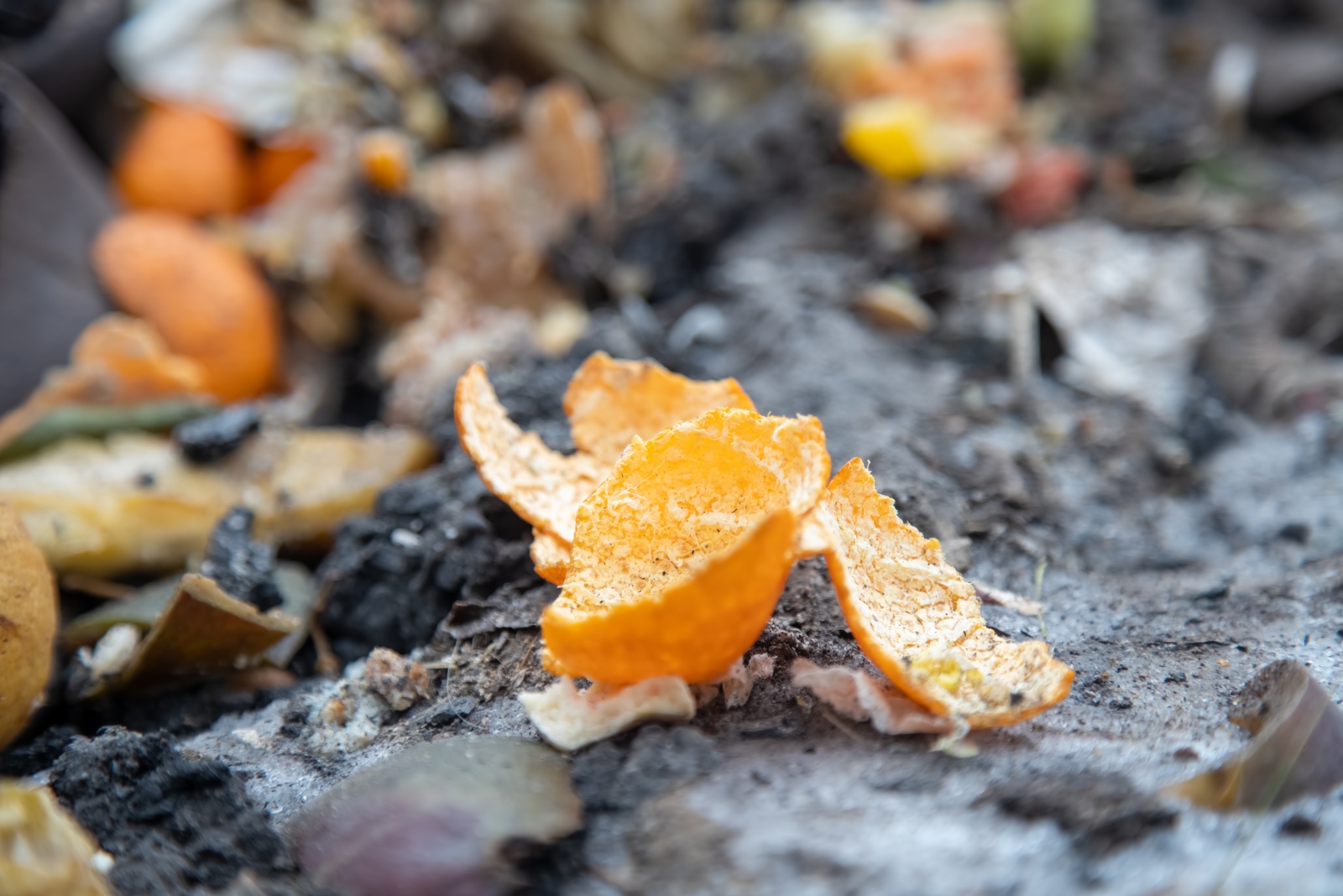
Texas gardeners, composting can be a great way to recycle yard waste—but there’s one thing you should never toss in this November.
Citrus peels might seem harmless, but they can actually cause problems in your compost pile. I’ll explain why and what to do instead. Keep your Texas compost healthy and thriving without any surprises!
1. Acidic Nature Disrupts pH Balance
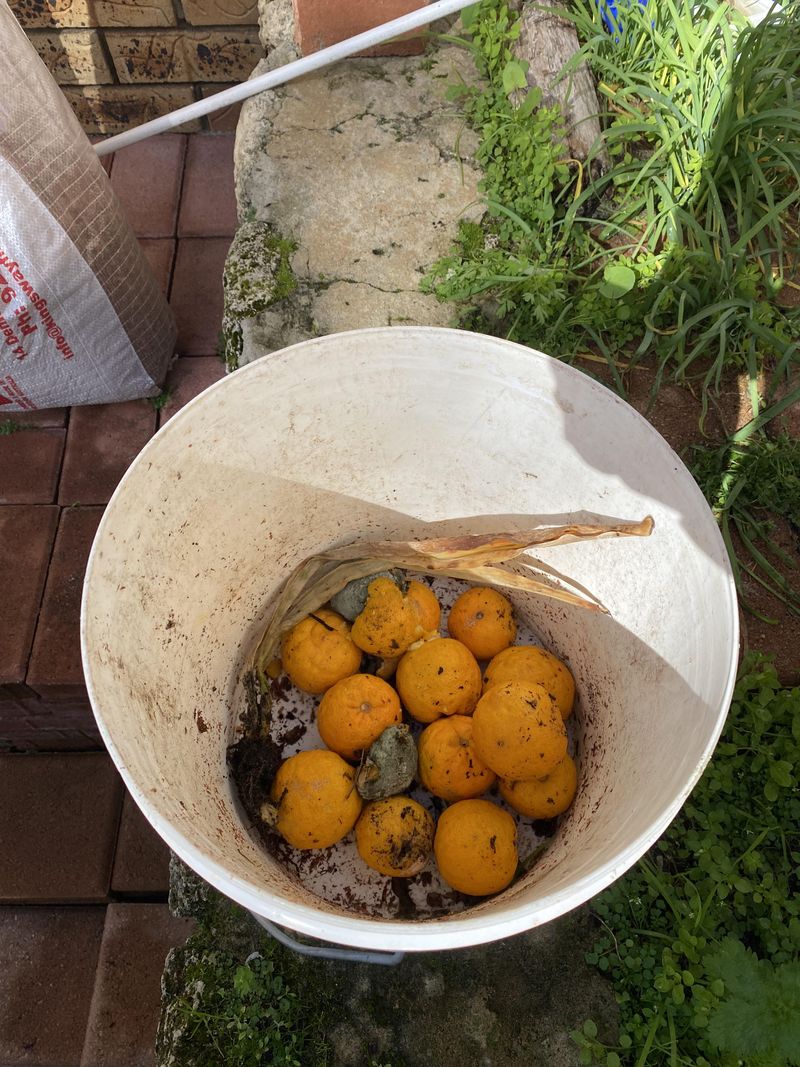
Citrus peels pack a serious acidic punch that can throw your compost chemistry completely off balance. When you add too many of these tangy scraps to your pile, the pH level drops rapidly, creating an environment where beneficial bacteria struggle to survive.
Texas gardeners know that November is prime composting season, but acidic conditions slow down decomposition dramatically. Your pile needs a neutral pH to break down materials efficiently.
Most composting organisms prefer a pH between 6 and 8, and citrus peels can push levels much lower, stunting the entire process.
2. Natural Oils Repel Beneficial Insects
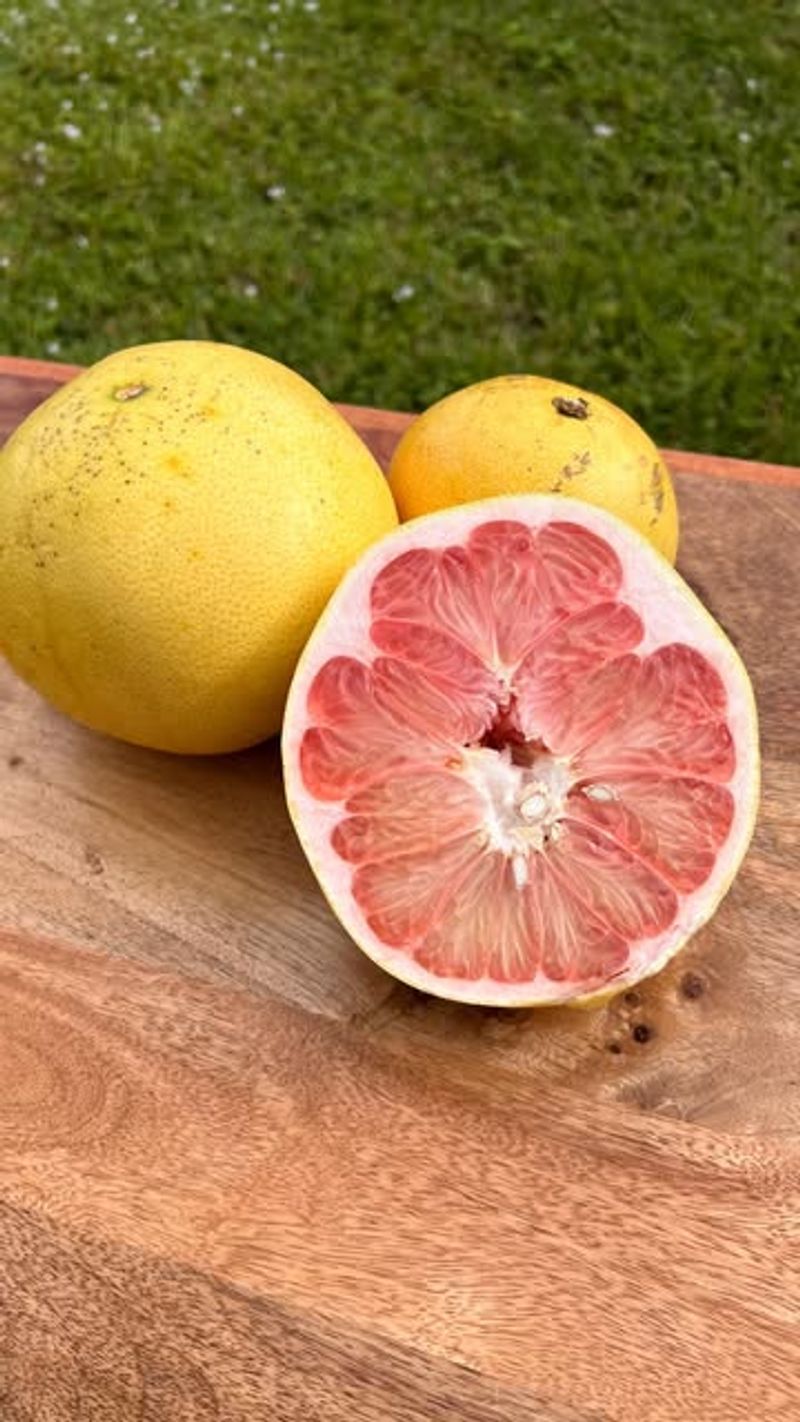
Ever notice how fresh citrus smells so strong? That powerful scent comes from natural oils called limonene, which actually work as insect repellents. While that might sound helpful, your compost pile desperately needs bugs like beetles and sowbugs to break down organic matter.
Throughout Texas in November, these hardworking decomposers are still active and hungry. Citrus oils create an invisible barrier that keeps them away from your pile.
Without these tiny helpers, decomposition grinds to a halt, leaving you with a smelly, unprocessed mess.
3. Slow Decomposition Rates Waste Time
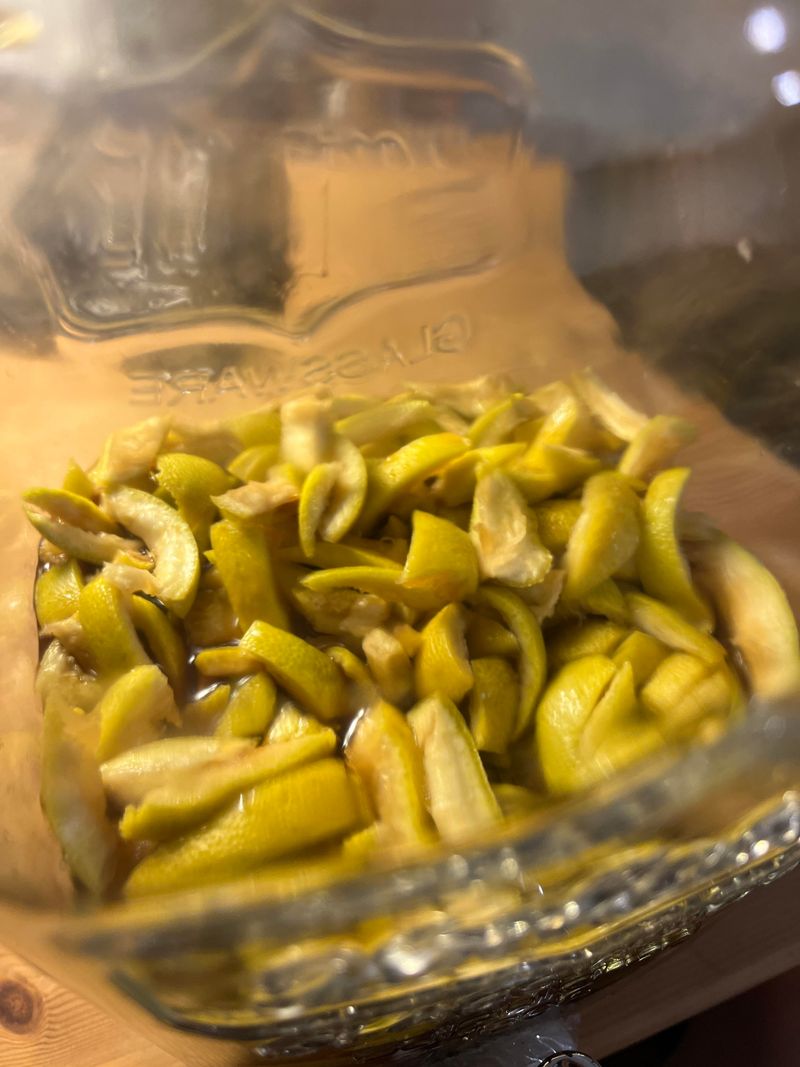
Patience is a virtue, but citrus peels test even the most dedicated Texas composter. Their thick, waxy coating takes months to break down, sometimes lasting through an entire season. November marks the beginning of cooler weather across Texas, which already slows decomposition naturally.
Adding citrus peels means you could be waiting until spring or beyond to use your finished compost. Regular kitchen scraps typically decompose in 8-12 weeks under good conditions.
Citrus peels can take 6 months or longer, creating frustrating delays for gardeners eager to enrich their soil.
4. Antimicrobial Properties Kill Good Bacteria
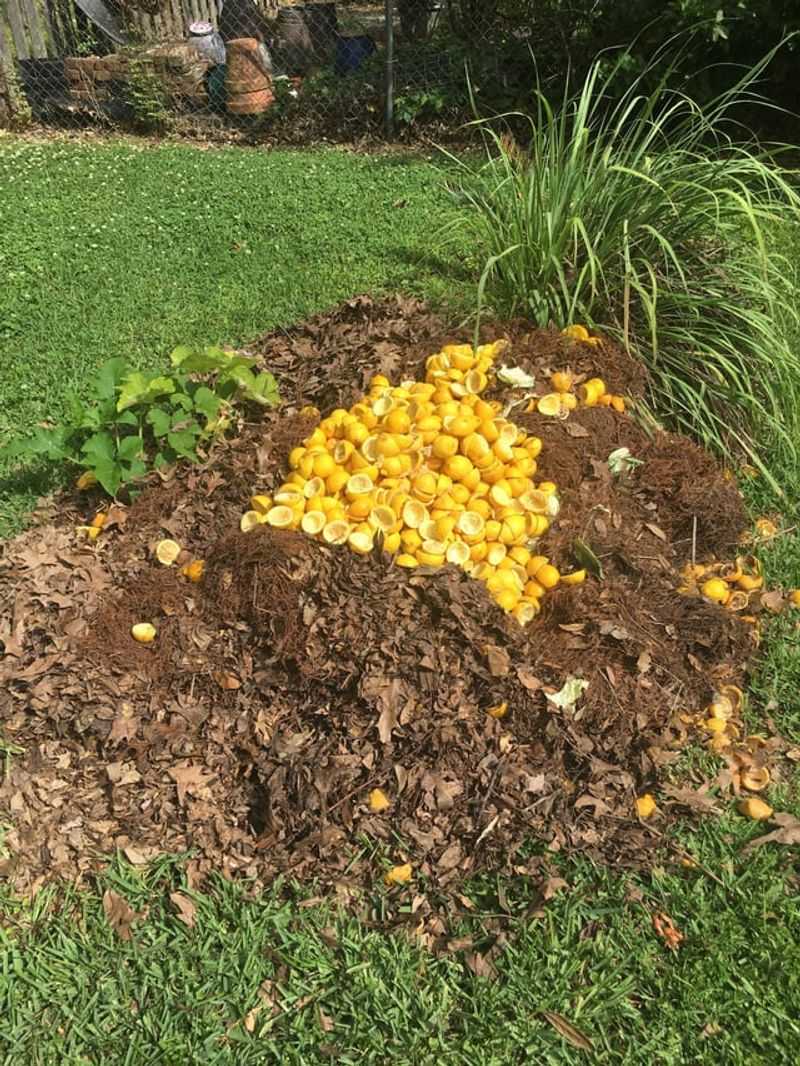
Did you know citrus peels contain natural compounds that fight bacteria? While this makes them great for cleaning products, it spells disaster for compost piles. Your decomposition process depends entirely on billions of beneficial microorganisms working together to break down organic materials.
When citrus peels release their antimicrobial chemicals, they don’t discriminate between good and bad bacteria. Texas composters in November need every microbe they can get as temperatures start dropping.
Killing off your bacterial workforce means slower composting and potentially foul-smelling anaerobic conditions developing instead.
5. Attracts Unwanted Pests and Animals
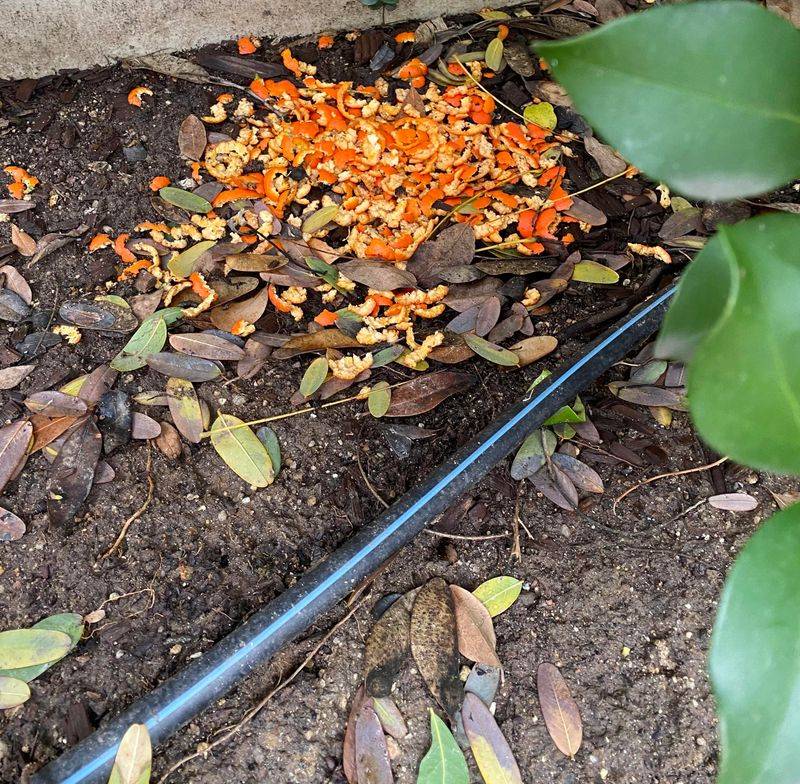
Strong citrus scents don’t just repel helpful insects—they also send dinner invitations to raccoons, possums, and rats. November nights in Texas see increased animal activity as creatures search for food before winter sets in. Fresh citrus peels smell like a buffet to these opportunistic feeders.
Once pests discover your compost bin, they’ll keep coming back, making a mess and spreading materials everywhere. Rodents especially love citrus and will burrow into your pile to reach the tasty peels.
Before long, you’ll have a pest problem that requires serious intervention to solve.
6. Fungal Growth Problems Develop Quickly
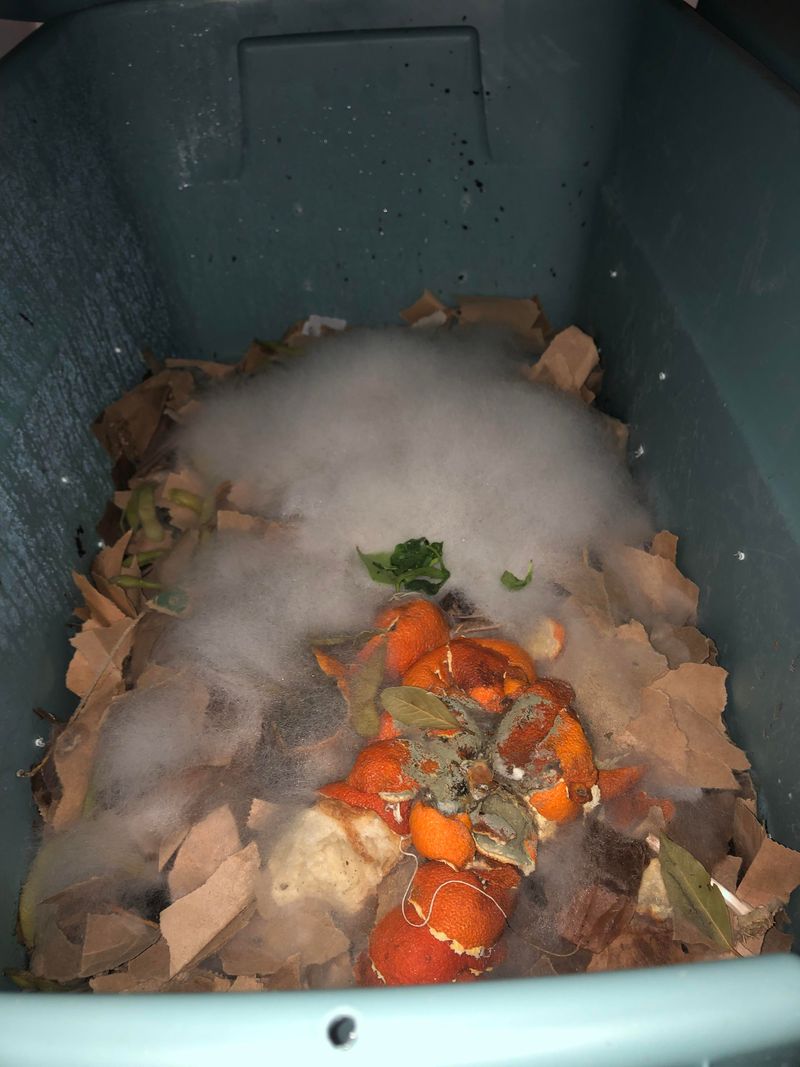
Mold loves citrus peels almost as much as you love fresh orange juice. November humidity in Texas creates perfect conditions for rapid fungal colonization on citrus scraps. While some fungi help decomposition, citrus peels tend to attract problematic species that produce thick, white, fuzzy growth.
Certain molds release spores that can cause respiratory issues when disturbed during turning or harvesting. The high moisture content in citrus peels combined with their slow breakdown rate creates a breeding ground for unwanted fungal species.
Your compost pile should smell earthy, not moldy and sour.
7. Temperature Fluctuations Halt Processing
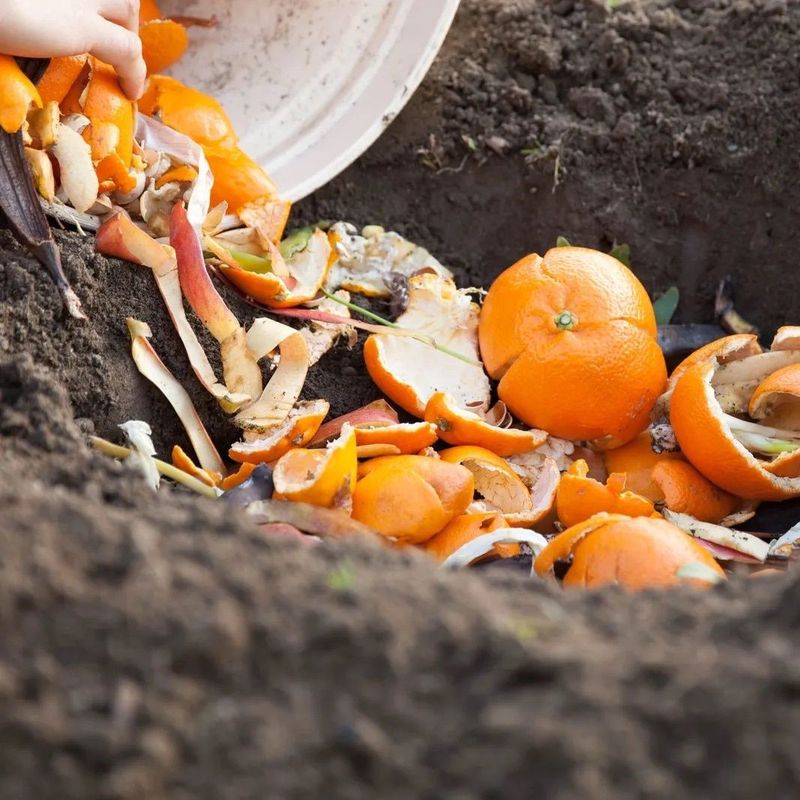
Hot compost piles rely on maintaining temperatures between 130-150 degrees Fahrenheit to break down materials efficiently. Citrus peels act as cooling agents because their high water content and antimicrobial properties prevent the microbial activity that generates heat. Texas experiences significant temperature swings in November, with warm days and surprisingly cold nights.
Adding citrus peels makes it even harder to maintain the consistent heat your pile needs. When temperatures drop too low, decomposition practically stops.
You’ll end up with a cold, wet pile that never fully composts properly.

